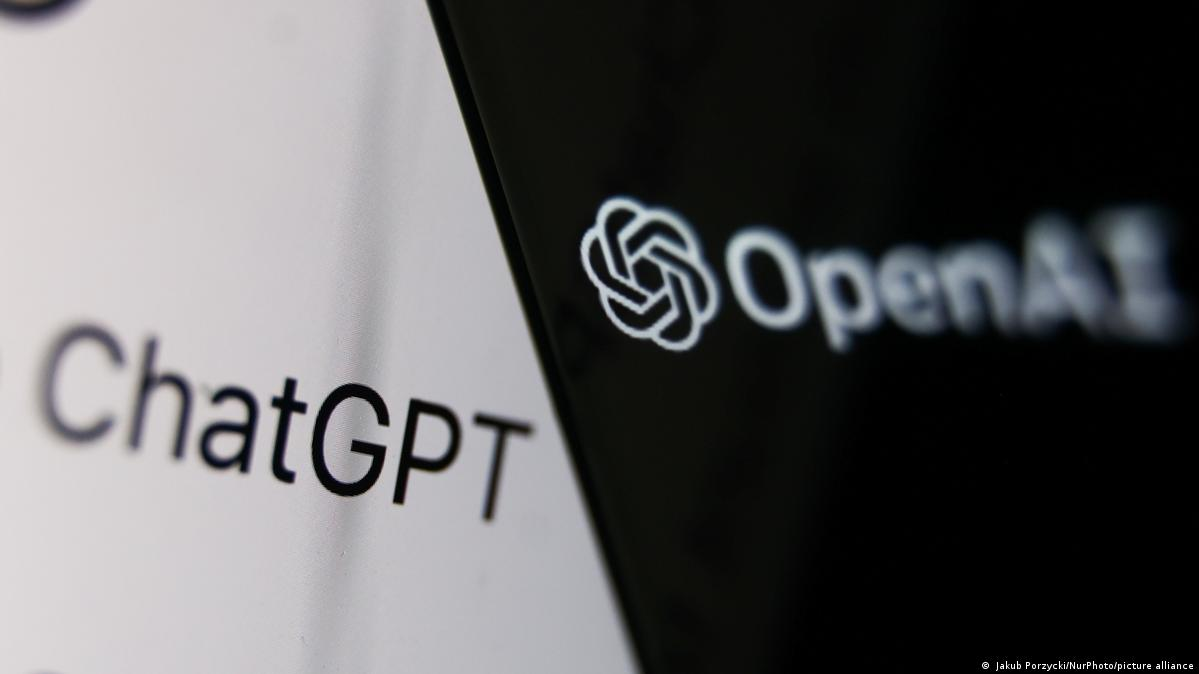- Prelims: Science and technology, Artificial intelligence(AI), ChatGPT,, Big Data, GANs, ChatGPT1 tool, DALL.E2 etc
- Mains GS Paper III and IV: Significance of technology for India, AI, indigenisation of technology and development of new technology.
ARTICLE HIGHLIGHTS
- Klaus Schwab gave the term “Fourth Industrial Revolution” at WEF
- Since then terms like 4IR, Artificial Intelligence (AI), Internet of Things, Future of Work, entered the lexicon of politicians, bureaucrats, consultants and policy analysts.
INSIGHTS ON THE ISSUE
Context
Artificial intelligence(AI):
- It is a branch of computer science dealing with the simulation of intelligent behavior in computers.
- It describes the action of machines accomplishing tasks that have historically required human intelligence.
- It includes technologies like machine learning, pattern recognition, big data, neural networks, self algorithms etc.
- g: Facebook’s facial recognition software which identifies faces in the photos we post, the voice recognition software that translates commands we give to Alexa, etc are some of the examples of AI already around us.
ChatGPT:
- It is based on the company’s GPT 3.5 series of language learning models (LLM).
- GPT stands for Generative Pre-trained Transformer 3
- It is a kind of computer language model that relies on deep learning techniques to produce human-like text based on inputs.
- The model is trained to predict what will come next, and that’s why one can technically have a ‘conversation’ with ChatGPT.
- ChatGPT can answer follow-up questions.
- It can also “admit its mistakes, challenge incorrect premises, and reject inappropriate requests.”
- The chatbot was trained using Reinforcement Learning from Human Feedback (RLHF).
Some developments around ChatGPT;
- A judge in Colombia included his conversations with ChatGPT in a ruling
- Microsoft is integrating the bot with its search engine, Bing, and other products
- Google is reportedly trying to launch a similar tool
- ChatGPT can already code at entry level for Google engineers.
Concerns:
- Concerns about plagiarism in universities and beyond
- Many white-collar jobs may become redundant in the coming years, as AI becomes more ubiquitous and sophisticated.
- The issue of privacy and regulating the relationship between data principles and fiduciaries
- The AI revolution is likely to have serious implications on labor, education, authenticity of content and its authorship.
Ethical Issues with AI:
Way Forward
- The transformations the new technology is bound to bring about must be met with swift adjustments in the broader national and international legal and policy architecture.
- The lag between technology innovation and policy that was seen with the rise of Big Data and social media can serve as a lesson.
- Anticipating possible futures requires engagement with the opportunities and challenges flagged by ChatGPT.
- Mapping out and planning for the changes that will be required in the education system, labor codes and new commodities that are bound to emerge as a result.
- India’s demographic dividend — its large young and working-age population — can be leveraged for decades.
- Failure to do so in time will have negative implications.
QUESTION FOR PRACTICE
- What are the different elements of cyber security ? Keeping in view the challenges in cyber security, examine the extent to which India has successfully developed a comprehensive National Cyber Security Strategy.(UPSC 2022)
